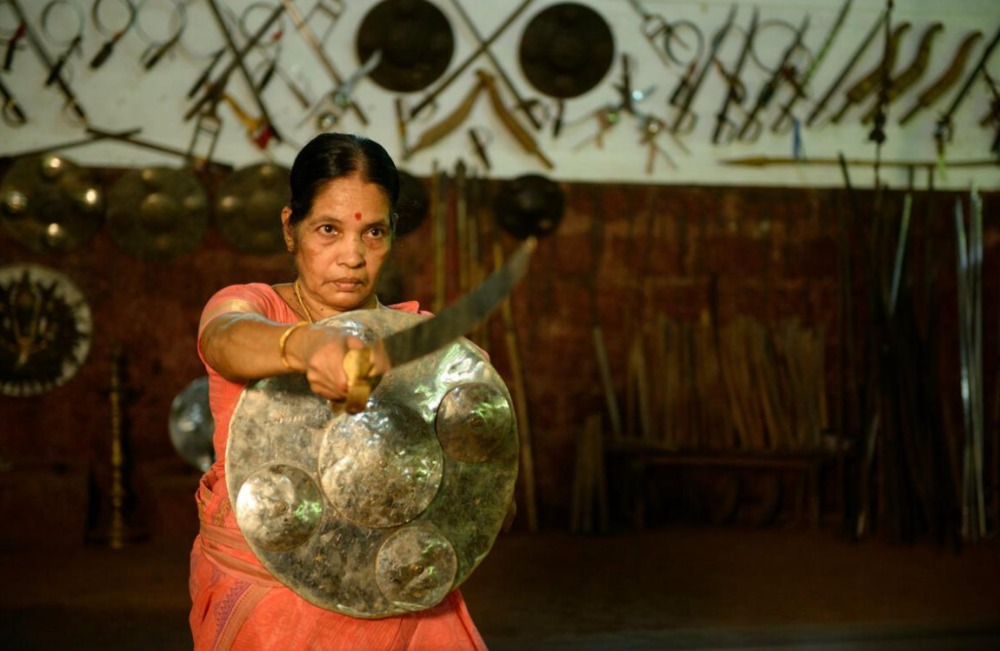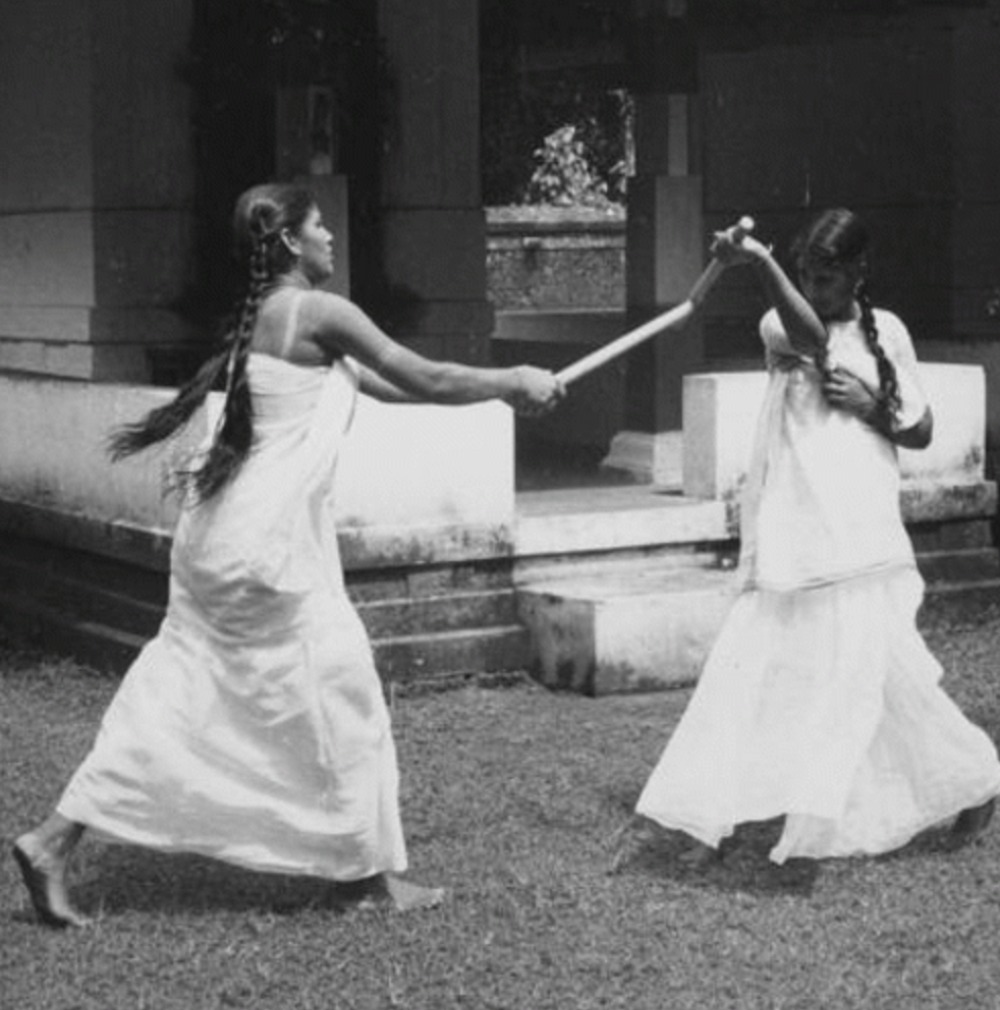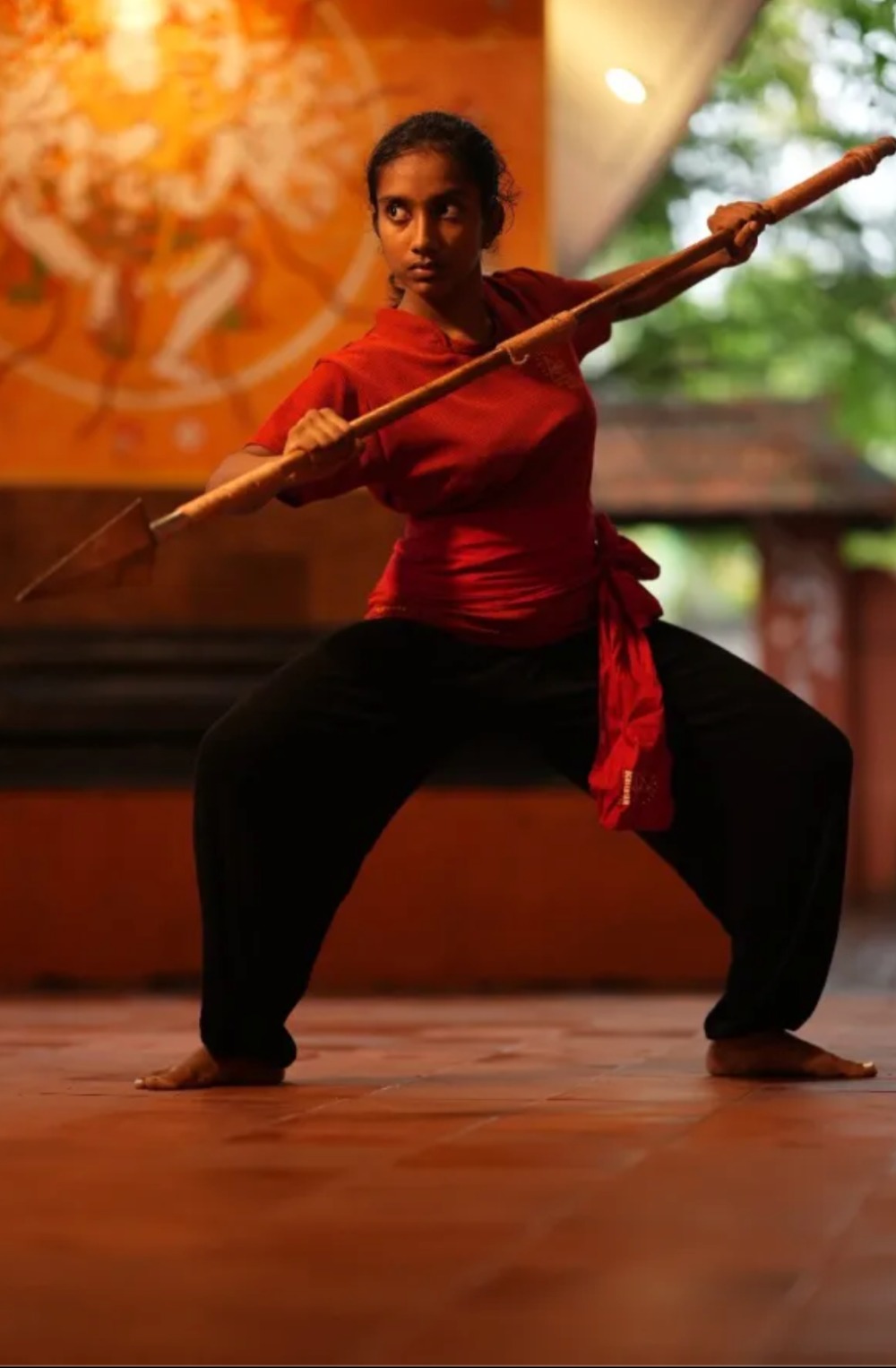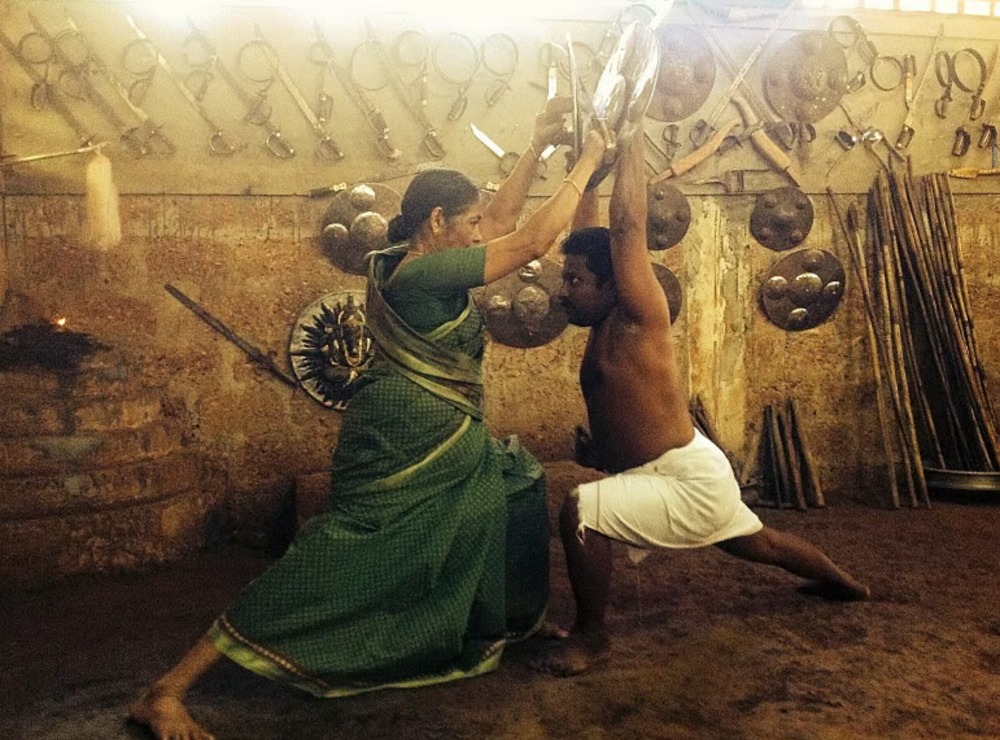When we think about the foundations of our respective cultures, we think of food, music, and the visual and performing arts. In Kerala though, the martial art of Kalaripayattu, or just ‘Kalari,’ is revered as much as any other cultural legacy. Through her conservation efforts, one woman in particular has devoted her life to preserving not just its practice, but her community's way of life.

Meenakshi Raghavan is the face of a campaign to preserve Kalari, and her community affectionately refers to her as Meenakshi Amma. Kalari, the oldest martial art in India and possibly the entire world, is thought to be more than 3,000 years old. Kalari is obviously about more than just fighting, as evidenced by the combination of kicks, grappling, weapons like double-sided swords, and contemplative practices. With roots in contemporary Kerala, its influence permeates the social and cultural customs of the area. The martial art is a life-changing activity that shapes the arts and way of life of its practitioners as well as their own physical, mental, and spiritual well-being.

As the head of the KACV Kalari Academy, Meenakshi Amma began her journey with Kalari at the age of seven. 75 years later, she dedicates her time to teaching martial arts. It is also a part of the Kalaripayattu tradition for students to learn from their teachers, or gurus. According to its etymology, the term ‘Kalaripayattu’ is a combination of the words ‘kalari,’ which means ‘training ground,’ and ‘payyatu,’ which means practice or fight.
It is thought that Parashurama, the founder of Kalari in present-day Kerala, brought the martial art to South India by establishing more than 100 training camps where Kalari was taught as a self-defense technique.

For Meenakshi Amma's girl students in particular, development of mental and physical strength is crucial. She feels Kalari empowers the young girls who train with her so that they feel more confident about their ability to protect themselves in settings that still pose threats to women. Meenakshi Amma mostly manages her own Kalari school, which her husband established in 1950. However, she also performs periodically in other locations. Her courses begin from 5 am and go on until noon.

Kalaripayattu is a four-stage art form that takes time to master. The first step in training is Meypattu, an oil massage followed by body-conditioning exercises. After almost two years, pupils advance to the highest level or verumkai, which involves unarmed combat like kolthari (stick fighting) and angathari (weapon warfare). Kalaripayattu can take up to five years to master. According to legend, the Shaolin monks were taught these techniques by the Indian Buddhist monk Bodhidharma in the sixth century, which had an impact on the more well-known Chinese martial art.
Image source: The Better India, Square space, Tanya Munshi